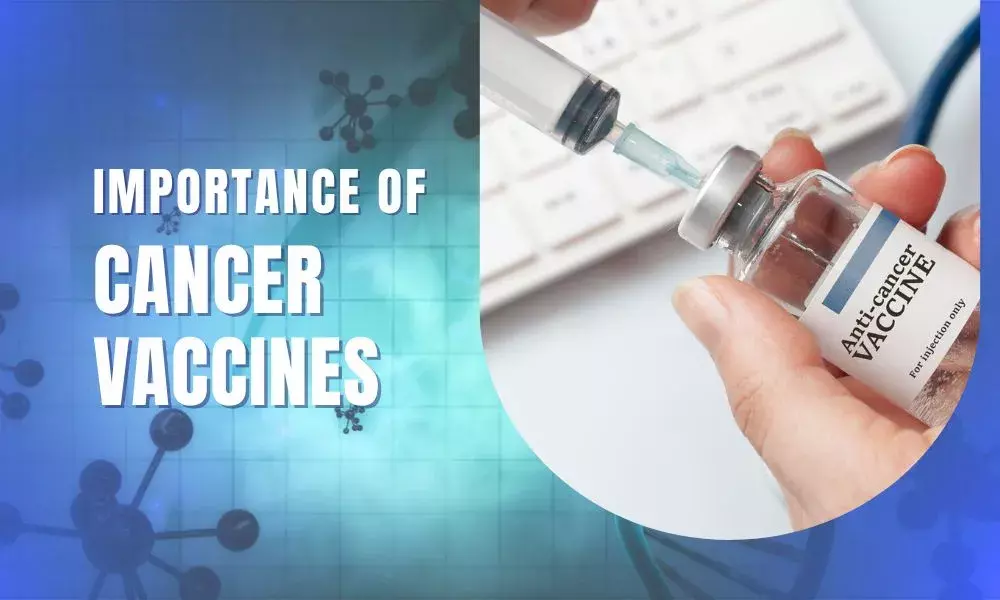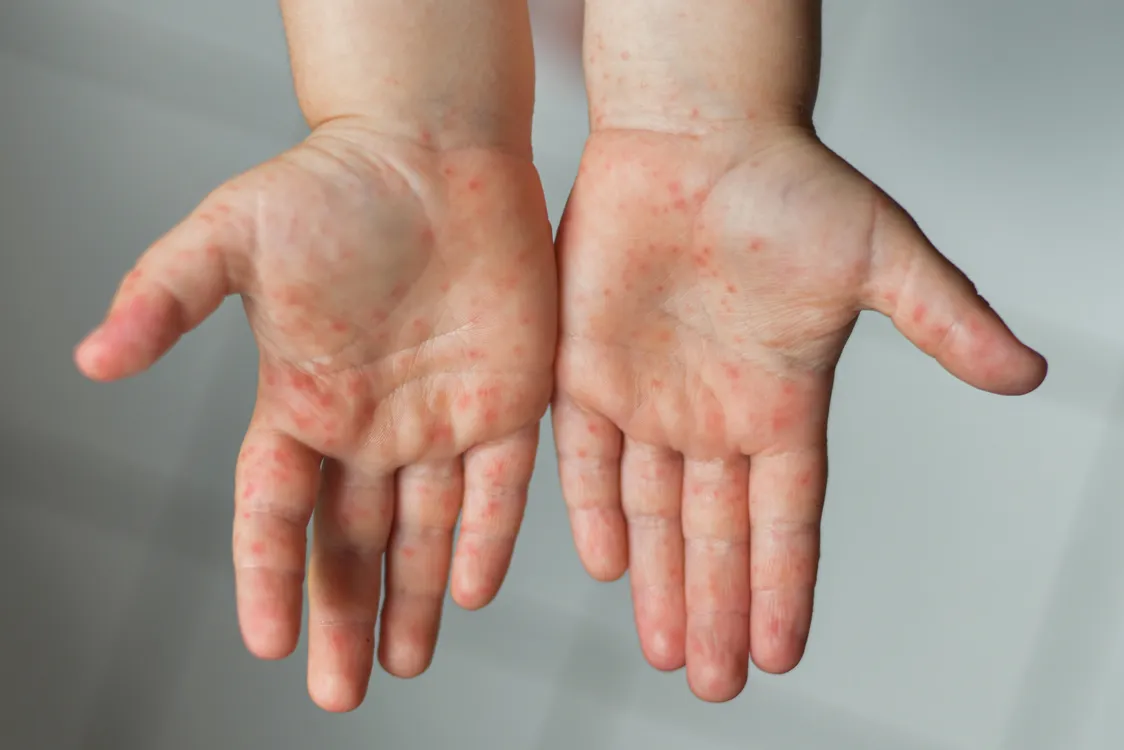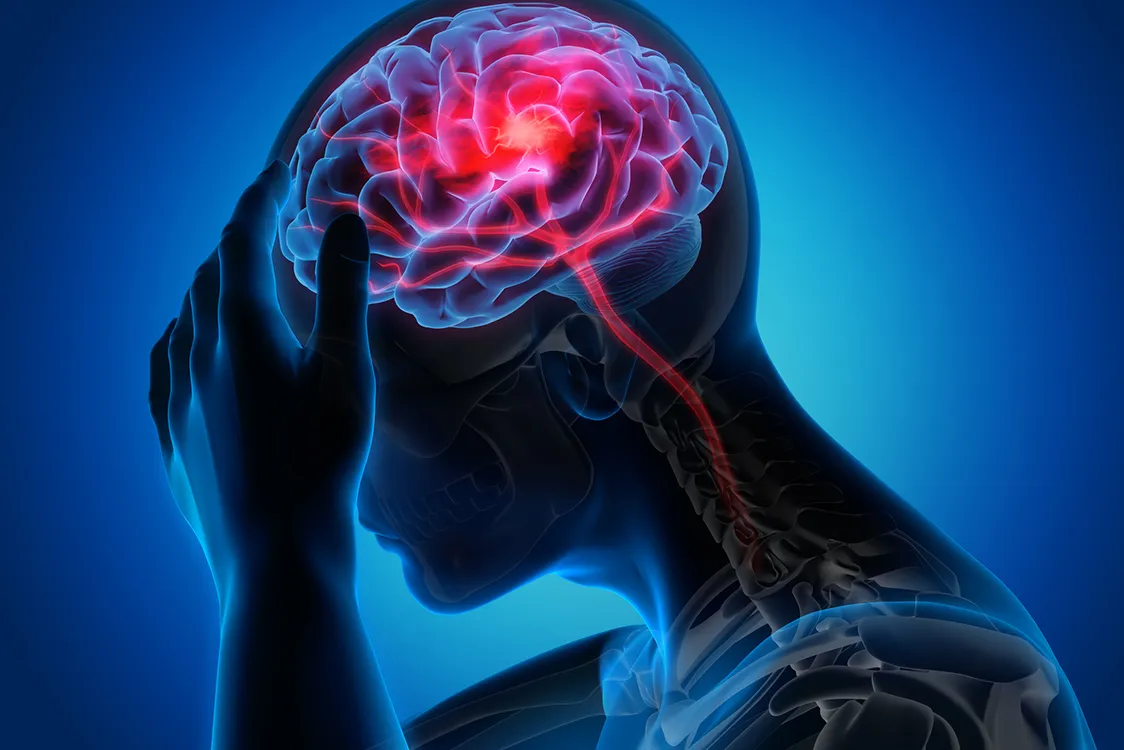With the advancement in science and technology, the world has witnessed remarkable advancements in the field of medicine during the last twenty years, especially in cancer treatment.
Table of Content
-
What are Cancer Vaccines
-
Cancer Preventing Vaccines
-
Vaccines for Cancer Treatment
-
Side Effects of Vaccines
What are Cancer Vaccines?
Vaccines are medicines that strengthen our body’s immune system to combat diseases. They train our immune system to detect and destroy harmful germs and cells that may affect our health. There are many vaccines that we receive throughout our life that prevent us from common illnesses.
Currently, we have certain vaccines for cancer. The cancer vaccines are mainly of two types; the ones that prevent cancer and the other ones that are used to treat cancer.
Vaccines that prevent cancer
Certain vaccines can prevent healthy people from getting certain types of cancers caused by viruses. These vaccines protect the body from viruses that may attack our body and cause illness. But the important point is that these vaccines are effective only if a person is vaccinated before being infected with the virus.
Currently, two types of vaccines prevent cancer, and these vaccines are considered effective in preventing certain cancer types.
Human Papillomavirus (HPV Vaccine): This vaccine protects humans from the Human Papillomavirus. This virus can cause the following cancer types, if it stays for a long time in our body.
-
Cervical, vaginal, and vulvar cancers
-
Anal cancer
-
Genital warts
Hepatitis B Vaccine: Hepatitis B is a liver disease caused by the Hepatitis B virus (HBV). The hepatitis B vaccine is available for all age groups and prevents HBV infection. This vaccine is considered to prevent the hepatitis B virus (HBV) penetration in the human body. This virus damages the liver as well as may cause liver cancer.
Vaccines that treat cancer
In addition to vaccines that can prevent cancer development before a person gets it, certain vaccines are used in cancer treatment. These vaccines boost our immune system’s ability to detect and destroy antigens. These vaccines improve the chance of recovery by reducing the probability of cancer growth.
There are the following types of cancer vaccines that are used around the world while treating cancer:
Protein or peptide vaccines
These vaccines are made from small pieces of protein (peptides) or the protein present in cancer cells. These vaccines aim at stimulating our immune system to attack cancerous cells.
RNA and DNA vaccines
These vaccines are made with bits of RNA or DNA that are usually found in cancer cells. They are injected into the body to make the cells of the immune system better and stronger at responding and destroying the cancer cells in a patient’s body.
Dendritic cell vaccines
Dendritic cells help the immune system identify and attack abnormal cells, such as cancerous cells. The vaccine then stimulates a patient’s immune system to attack the cancer cells effectively.
Whole-cell vaccines
In the whole-cell vaccine, the entire cancer cell is used and not just a specific cell or antigen, to make the vaccine. The cancer cells are changed in the lab to make them easier for the immune system to find.
Virus vaccines
Some vaccines use a viral vector (the altered virus) to deliver cancer antigens into a patient’s body. The immune system of the patient then responds to the viral vector. This helps the immune system recognize and respond to the cancer antigen.
Side Effects of Vaccines
Since the cancerous cells are strong, the cancer vaccines are also strong so that they may deal with the cancer impactfully. Due to this, a patient might experience certain aftermath post the vaccines, especially those used for treating cancer. A few known side-effects of cancer vaccine are:
-
Mild pain accompanied by redness, swelling, or itching where the injection is administered.
-
A patient might experience flu-like symptoms such as feeling unwell, tired, or a high temperature (fever) for a few days after the vaccine.
In addition to these side effects, each cancer vaccine can have individual side effects. Side effects may vary from person to person.
The best thing is to consider all the factors and take the vaccines post discussing the case with the doctor. The cancer vaccines, despite the side effects, have improved the chance of survival and recovery for the patients.
Lastly, battling cancer becomes easy when a cancer patient has someone to talk and share. We invite cancer patients, survivors, and their relatives to join our vibrant Onco Cancer Care Community on Facebook. Let us join and make this journey great for each other.




